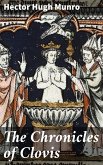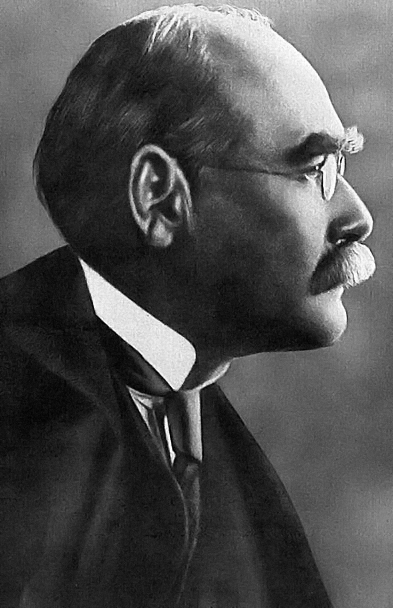In "Life's Handicap: Being Stories of Mine Own People," Rudyard Kipling explores the rich tapestry of Indian life through a collection of poignant and thought-provoking stories. Written during the late 19th century, a time marked by British colonial dominance in India, Kipling'Äôs narrative style interweaves realism and fantasy, masterfully capturing the complexities of cultural interactions. His vivid portrayals of characters, ranging from the simple folk to the colonial administrators, serve not only as a reflection of the societal norms of the time but also as a critique of imperialism itself, illustrating the nuanced hardships faced by both the colonizers and the colonized. The book serves as a commentary on the notion of handicaps'Äîthose societal barriers and personal struggles that define the human experience. Rudyard Kipling, born in India in 1865 and later raised in England, has often been credited with bringing the subcontinent's stories to a wider audience. His experiences in India imbued him with a deep understanding of its customs, people, and landscapes, which enrich his writing. This personal connection to his subjects undoubtedly influenced his desire to portray the myriad aspects of life in India with both authenticity and sensitivity, reflecting the complexities of his own identity as both an insider and outsider. "Life's Handicap" is not merely a collection of stories; it is a compelling exploration of universal human experiences that resonate across cultures and eras. Readers who seek to understand the intricate layers of colonial life will find Kipling's insights profoundly illuminating. This work remains a vital contribution to the canon of colonial literature, making it essential reading for those interested in the sociopolitical frameworks of the time.
Dieser Download kann aus rechtlichen Gründen nur mit Rechnungsadresse in A, B, BG, CY, CZ, D, DK, EW, E, FIN, F, GR, H, IRL, I, LT, L, LR, M, NL, PL, P, R, S, SLO, SK ausgeliefert werden.










